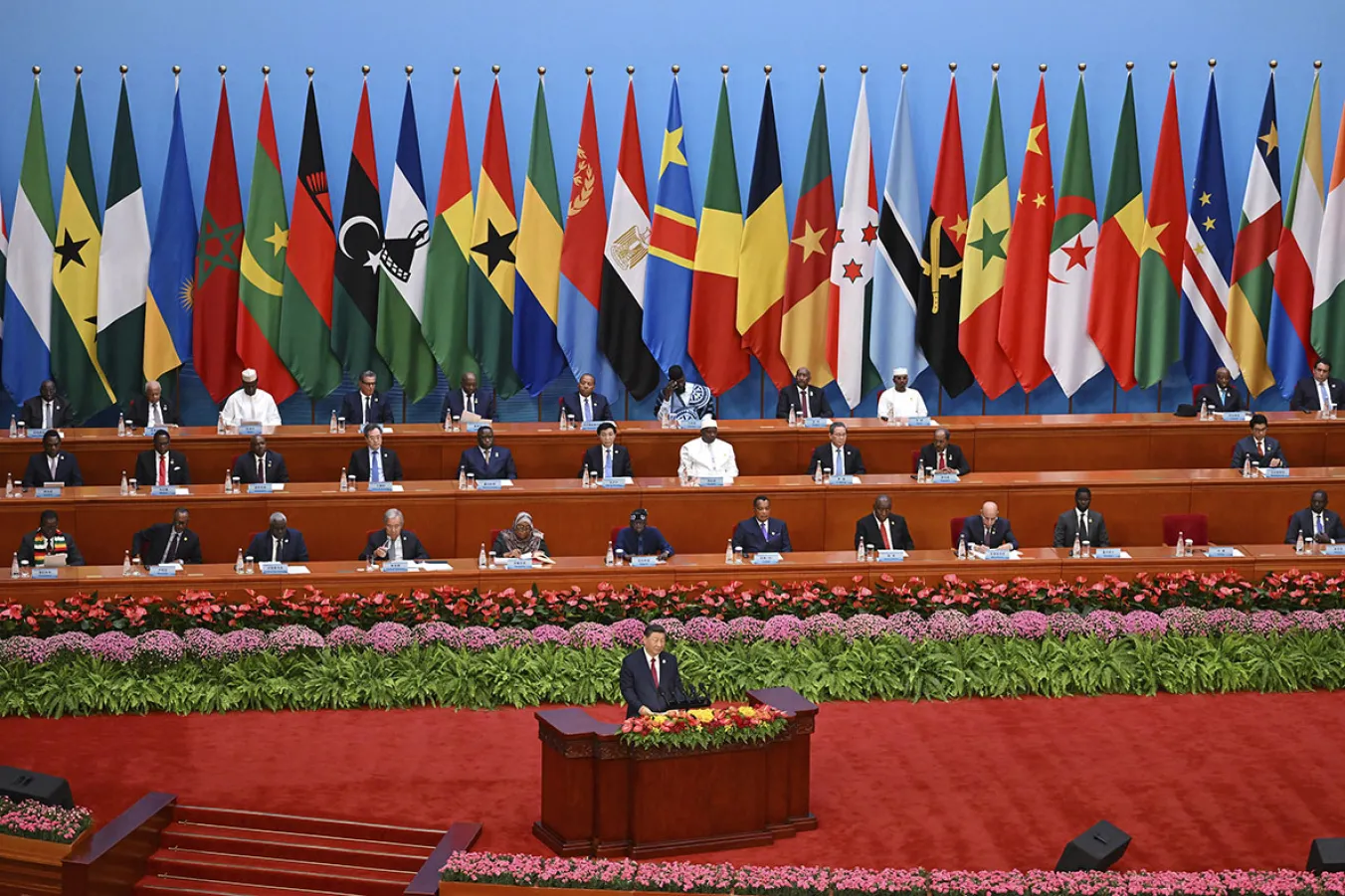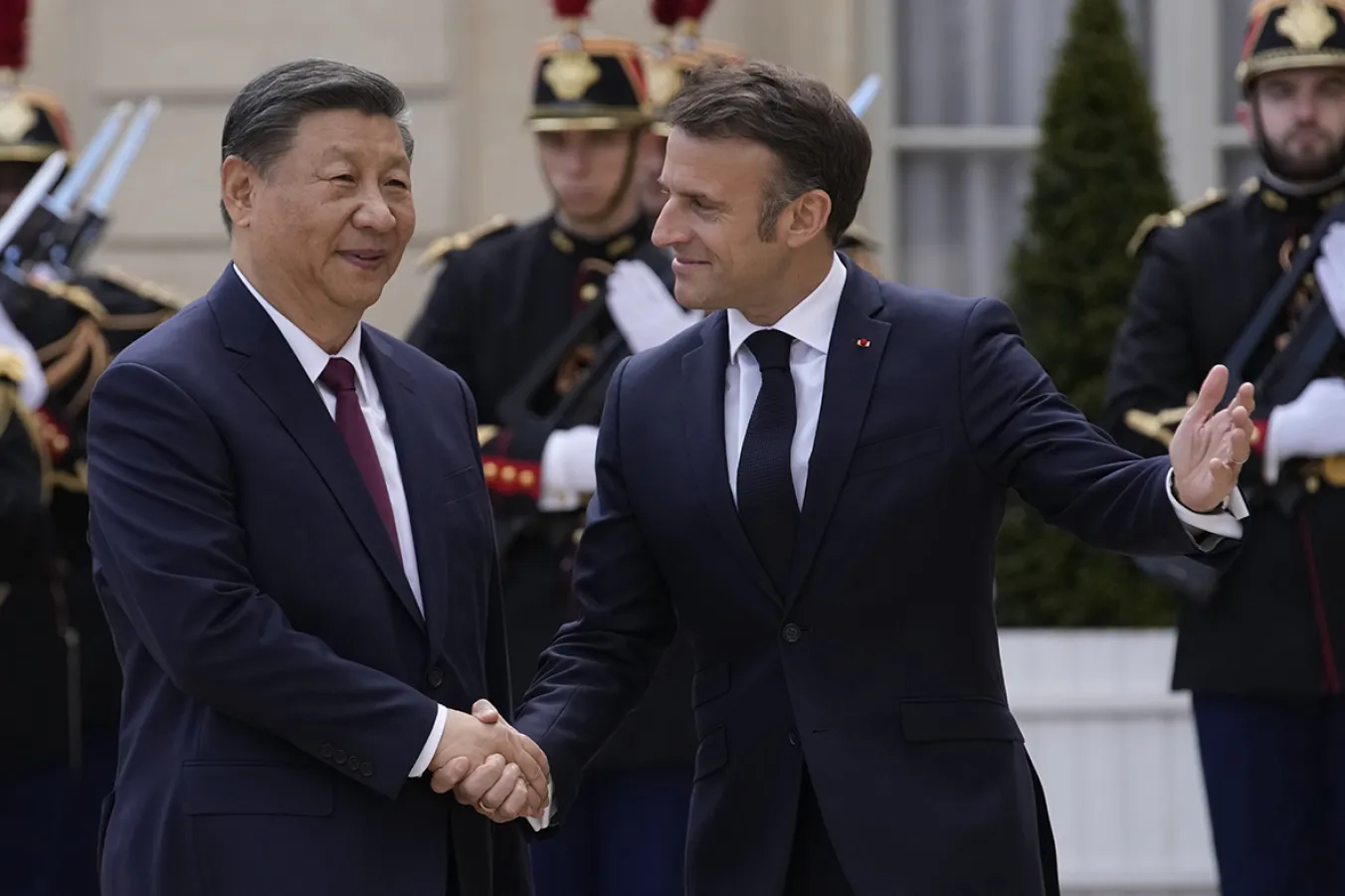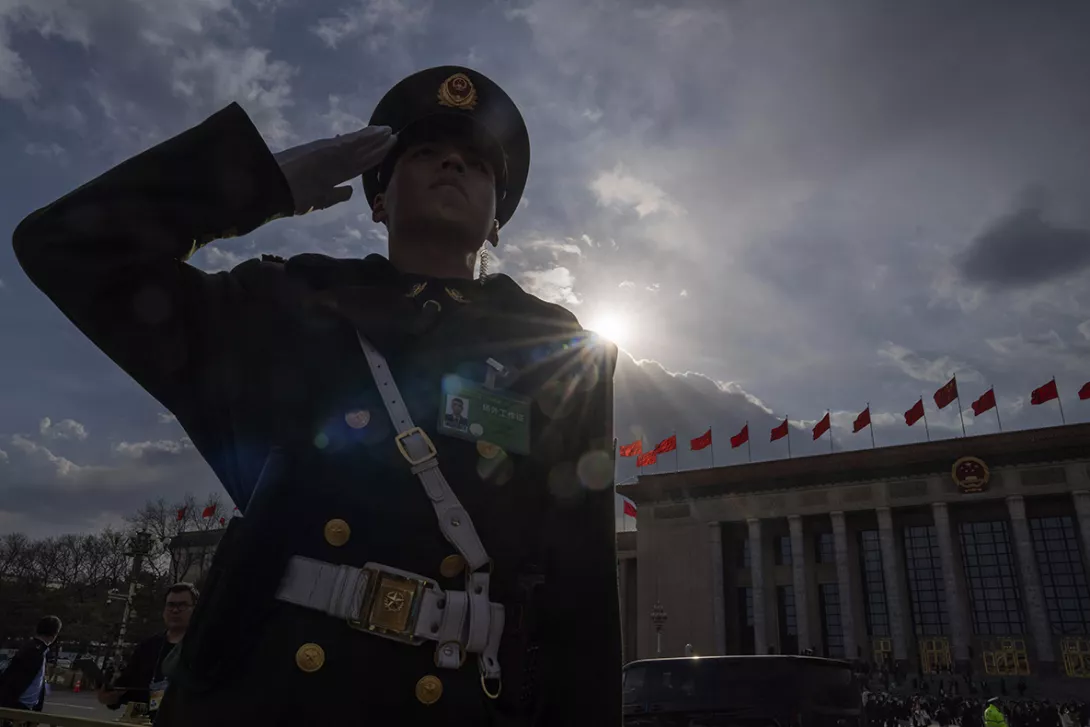The proxy war in Ukraine is heading to a denouement with the US and Russia dividing the spoils while the European powers stand bewildered by events they have been wilfully blind to, says KEVIN OVENDEN
There’s more than meets the eye to China’s constitutional changes
DIRK NIMMEGEERS takes a look the changes made this month to China’s constitution and the effect they will have on the Communist Party
ON MARCH 5, the Chinese National People’s Congress (NPC) adopted not one but 21 important constitutional amendments, bolstering anti-corruption laws and the party’s leadership.
Xi Jinping might be asked to continue his presidency after his second term in 2023, but the emphasis is on Xi’s definition of socialism for China.
There is much more to the constitutional adaptations voted by the NPC than the abolition of presidential term limits, the only thing Western media seems to be really interested in.
More from this author
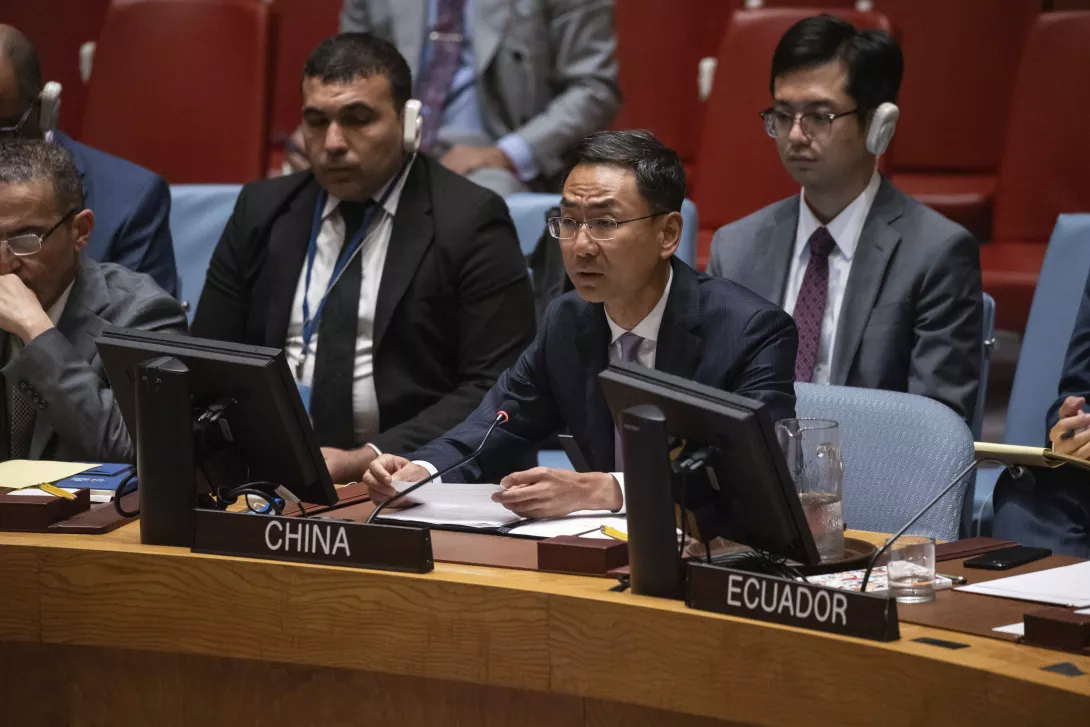
DIRK NIMMEGEERS asks why Western activists rarely draw attention to the Chinese government’s efforts to promote Palestinian unity, shield their right to resist occupation and press for establishment of a truly sovereign Palestine
Similar stories
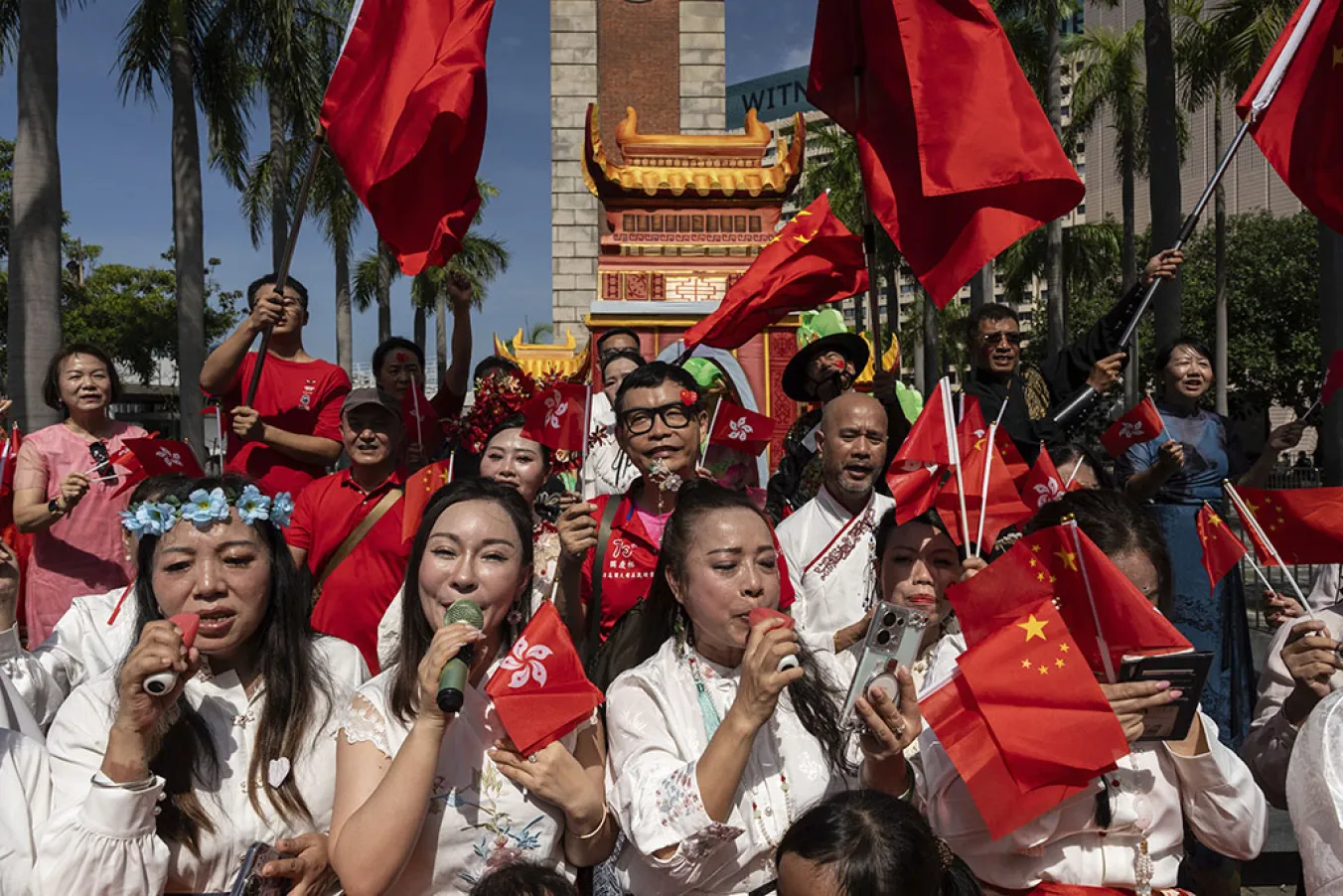
KEITH BENNETT surveys the People’s Republic’s first 75 years arguing that the vast changes rest on an essential continuity










